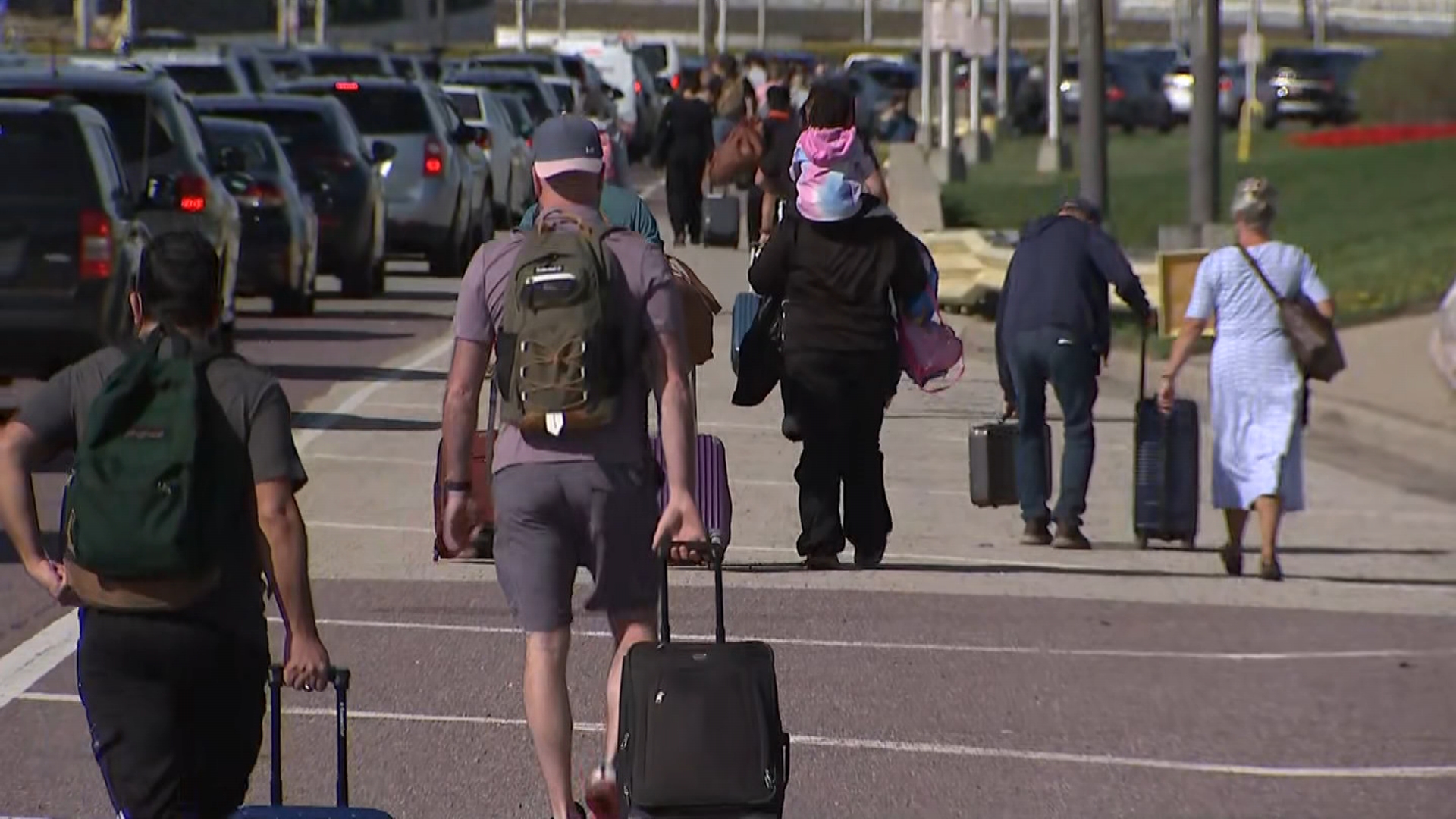Cook County's top criminal justice officials said Thursday they were encouraged that the number of inmates at one of the country's largest jails has dropped, but said that a jail remains a dumping ground for the mentally ill and a place where too many people find themselves locked up for months at a time because a flawed criminal justice system makes it impossible for them to get out.
In a rare joint appearance by the county's board president, state's attorney, sheriff and chief judge, the speakers took turns outlining changes that might bring down the jail population even more while lamenting the serious flaws that remain that keeps people inside a jail that has for years made headlines with stories about overcrowding, antiquated record keeping and allegations of misconduct by guards.
Sheriff Tom Dart, as he has done repeatedly, voiced concern about how the lack of mental health treatment programs in the county has turned the jail that he is responsible for running into a dumping ground for the mentally ill.
He said, for example, that the average stay for people charged — but not convicted — of trespassing is well over 100 days and it is likely that the offenders "broke into" places looking for a place to sleep — acts that are often tied to their mental illness. Dart said he has launched programs to provide mental health treatment for inmates and former inmates to help them break the cycle of arrest, release, and arrest.
"Jails were not supposed to be the largest mental health provider. It's an embarrassment," he said.
Board President Toni Preckwinkle said the number of inmates at the jail fell from over 10,000 a few years ago to under 8,000 today. But she said that more needs to be done to bring down the number of those who are arrested. She was particularly troubled by the disproportionate number of blacks and Hispanics in jail, pointing out that they are often arrested for minor offenses that whites are not.
"We had a delegation from South Africa that came to our jail to visit. They got to the end of their tour and they said, 'Where's the jail for white people?'"
Local
But Chief Judge Timothy Evans, after listening to Preckwinkle complain that people remain behind bars for minor offenses such as stealing a few bars of soap, suggested that such characterizations are too simplistic.
"Many of the people who are charged with theft of six or seven candy bars have a long criminal history where they have been convicted of attempted murder... (and) we can't open the door just because they are charged currently with stealing candy bars," he said.
Some of the speakers said there was cause for optimism. State's Attorney Anita Alvarez said that moves such as her recent decision to stop prosecuting many misdemeanor marijuana possession cases will help reduce the jail population further.
The City Club of Chicago invited the four officials to appear together to address issues faced by the county's justice system.



